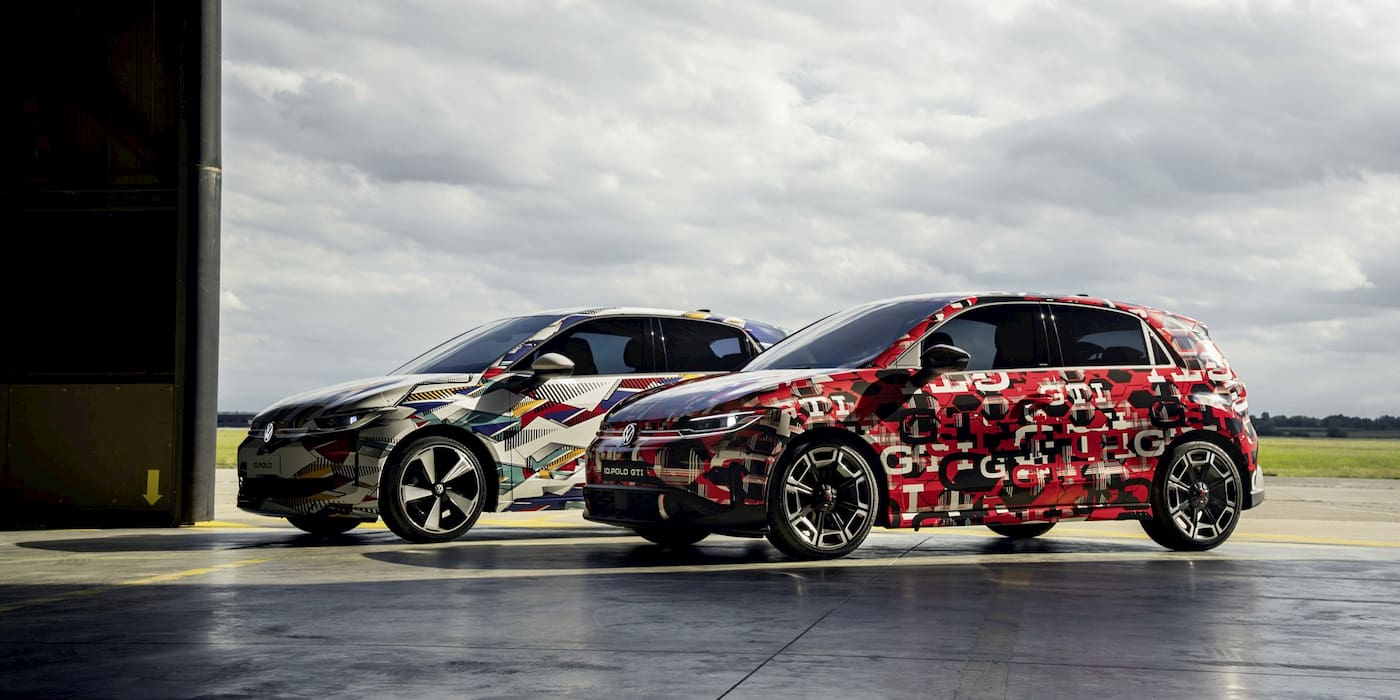Volkswagen has officially announced a significant shift in its electric vehicle naming strategy, signaling a new era of affordability and accessibility. The German automaker is rebranding its upcoming entry-level EVs with familiar nameplates, starting with the confirmation that the anticipated ID.2 will launch as the ID.Polo. This strategic move aims to leverage brand recognition while delivering on the promise of making electric mobility attainable for a broader audience.
Key Highlights
- Rebranding Strategy: The ID.2 will be launched as the ID.Polo, aligning with Volkswagen's traditional naming conventions.
- Affordability Focus: Volkswagen promises its new EV lineup "will make electric driving more affordable than ever."
- Expanded Lineup: An electric T-Cross and additional entry-level models are confirmed to be in development.
- Market Positioning: The initiative targets cost-conscious consumers seeking reliable, accessible electric transportation.
Volkswagen's Strategic Pivot to Familiar Names
Volkswagen's decision to transition from its ID-specific nomenclature to established model names like Polo and T-Cross represents a calculated effort to bridge the gap between its combustion-engine heritage and electric future. By adopting familiar badges, the brand aims to reduce consumer apprehension and simplify the EV adoption process. This approach not only capitalizes on decades of brand equity but also reassures customers of the same quality and reliability they expect from Volkswagen.
The ID.Polo: Leading the Charge for Affordable EVs
The ID.Polo is poised to become the flagship of Volkswagen's entry-level electric offensive. Designed to offer a competitive range, modern features, and a accessible price point, this model is expected to set new standards in the compact EV segment. While specific technical details remain under wraps, industry analysts anticipate a range of approximately 250-300 miles (400-450 km) on a single charge, leveraging Volkswagen's MEB platform advancements. The vehicle will likely feature fast-charging capabilities, connectivity options, and safety technologies tailored for urban and suburban drivers.
Expanding the Lineup: What Comes After the ID.Polo?
Volkswagen has confirmed that the ID.Polo is just the beginning of a comprehensive family of affordable electric vehicles. An electric iteration of the popular T-Cross compact SUV is already in the pipeline, promising to combine practicality, efficiency, and Volkswagen's signature build quality. Additional models are expected to follow, potentially including electric versions of the Golf and other core nameplates. This expansion underscores Volkswagen's commitment to electrifying its entire portfolio while prioritizing affordability.
Comparative Analysis: How the ID.Polo Stacks Up
To contextualize the ID.Polo's potential impact, it is helpful to compare it against key competitors in the entry-level EV space. The following table outlines expected specifications based on industry projections and Volkswagen's stated goals:
| Model | Expected Range | Target Starting Price (USD) | Key Features |
|---|---|---|---|
| Volkswagen ID.Polo | 250-300 miles | $25,000 - $28,000 | Fast charging, modern infotainment, advanced safety |
| Renault Zoe | 245 miles | $33,000 | Compact design, urban-focused |
| Peugeot e-208 | 217 miles | $32,000 | Stylish interior, responsive handling |
| Hyundai Kona Electric | 258 miles | $34,000 | Spacious cabin, long warranty |
The Bigger Picture: Volkswagen's Electrification Roadmap
This naming strategy overhaul is part of Volkswagen's broader ambition to become a global leader in electric mobility. With investments exceeding $100 billion in electrification and digitalization through 2026, the company is aggressively pursuing its goal of EVs comprising 70% of its European sales by 2030. The emphasis on affordability is critical for mass adoption, especially in emerging markets and among younger demographics. By offering electric vehicles at competitive price points without compromising on quality, Volkswagen aims to democratize EV ownership and accelerate the transition to sustainable transportation.
Challenges and Opportunities
While the strategy is promising, Volkswagen faces challenges including supply chain constraints, battery cost fluctuations, and intensifying competition from rivals like Tesla, BYD, and Stellantis. However, the company's scale, manufacturing expertise, and strong brand loyalty provide significant advantages. The success of the ID.Polo and subsequent models will hinge on executing production efficiently, maintaining cost targets, and delivering a compelling ownership experience that resonates with value-driven consumers.
Volkswagen's renewed focus on affordability and familiar branding marks a pivotal moment in the electric vehicle revolution. The ID.Polo and its upcoming siblings are not just new models—they are a statement of intent to make electric mobility accessible to all. As the automotive industry continues its rapid evolution, Volkswagen's strategy could serve as a blueprint for how legacy automakers can successfully navigate the transition to an electric future while staying true to their heritage and expanding their reach.


